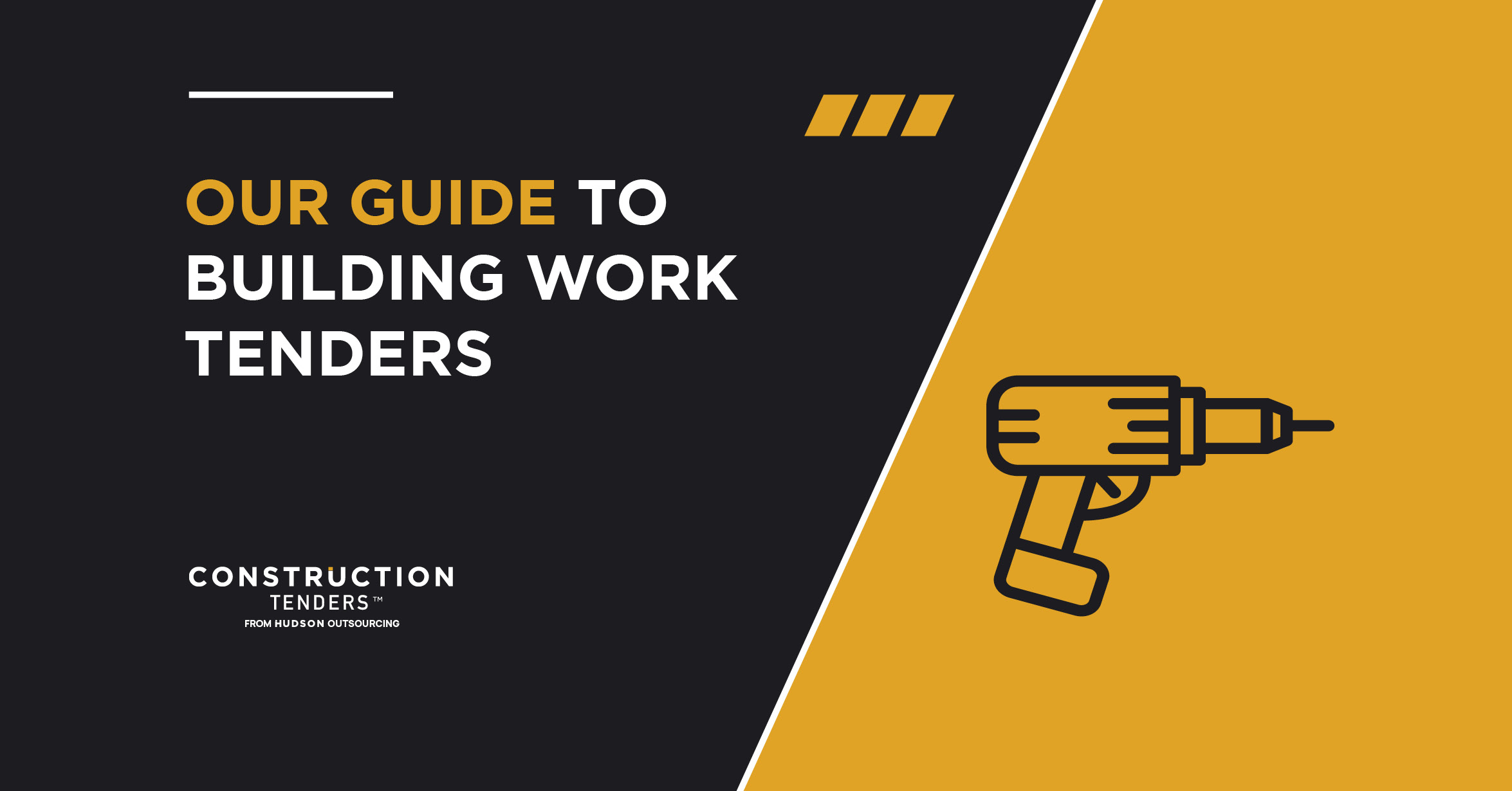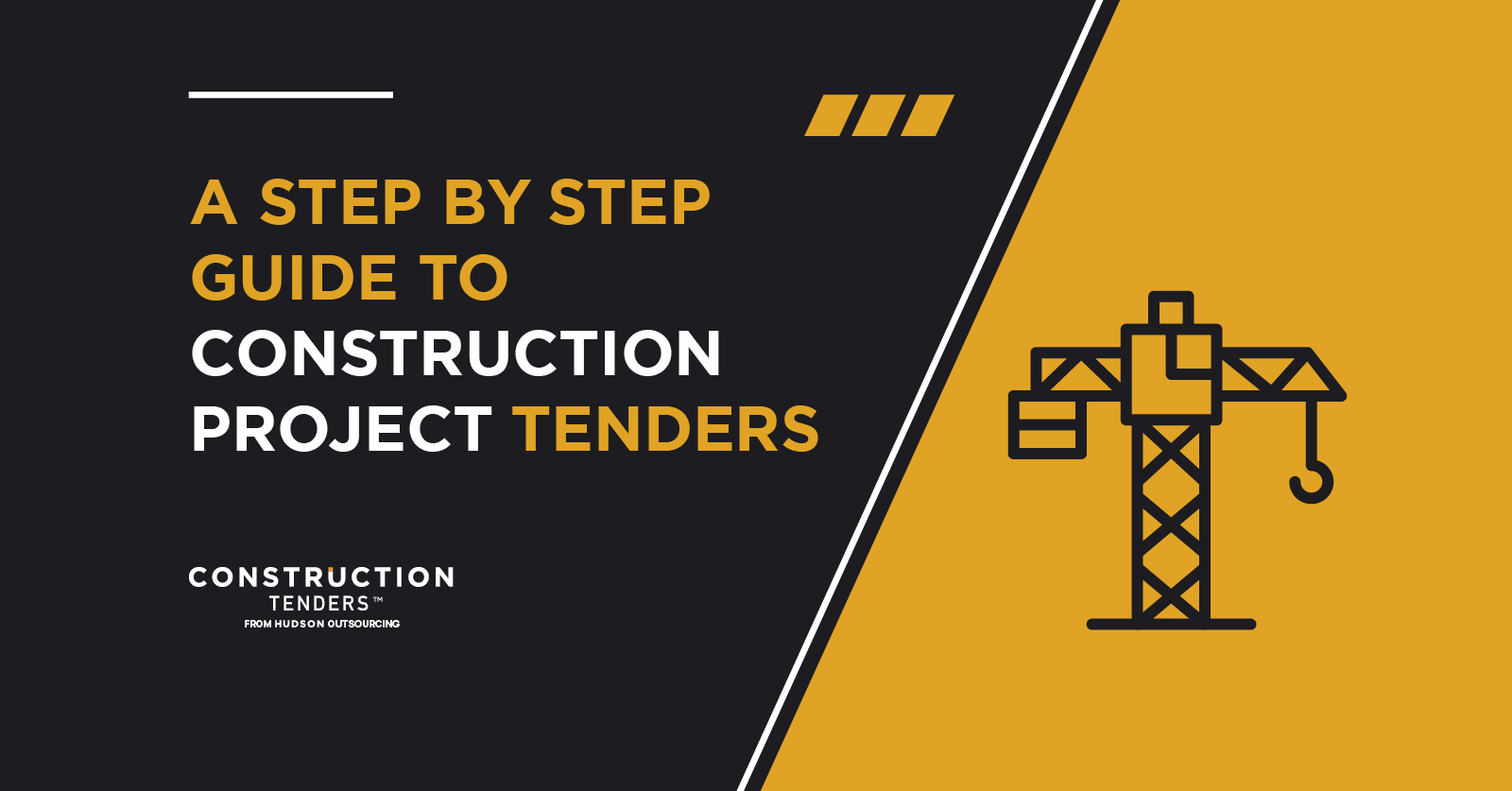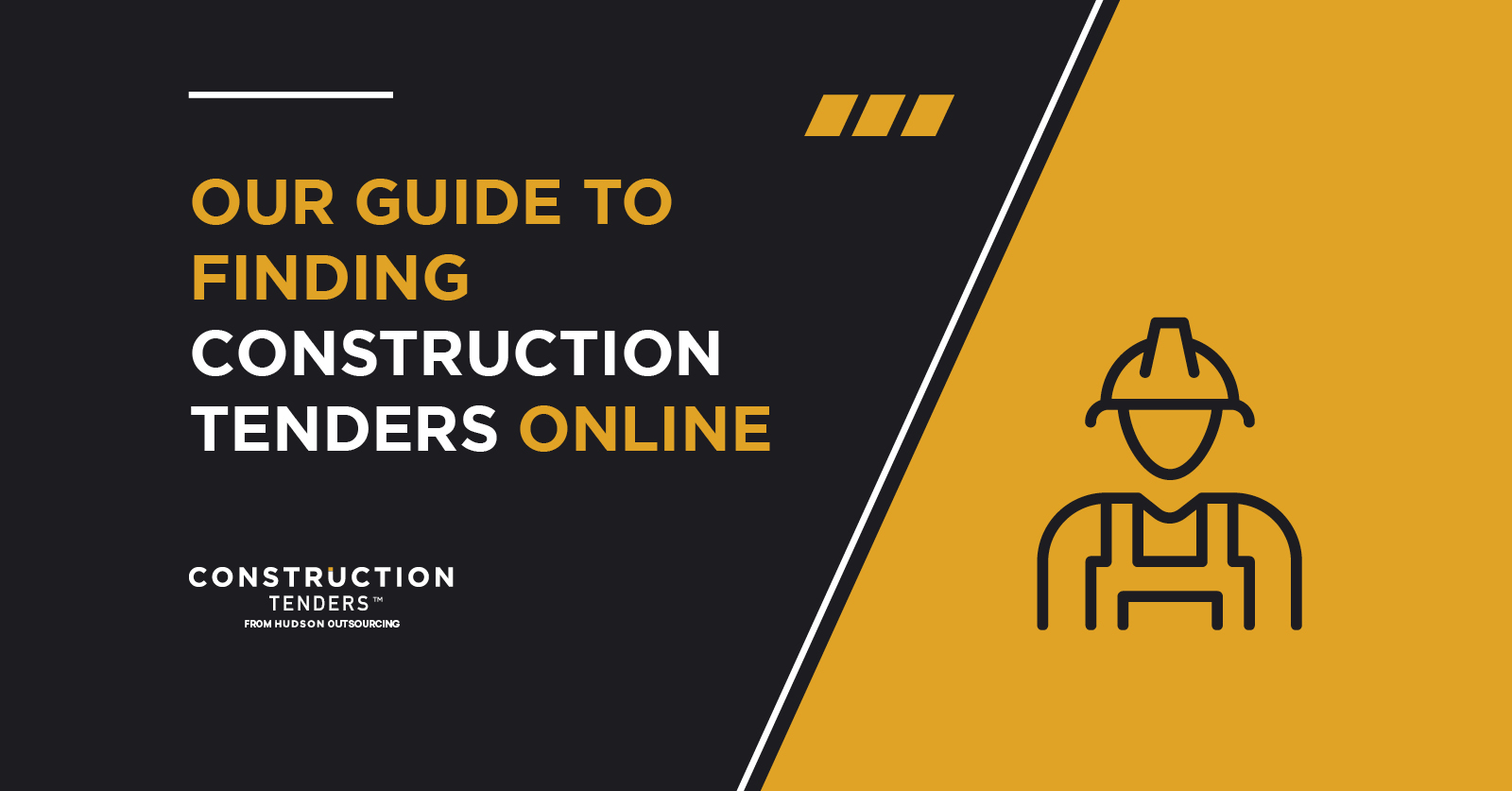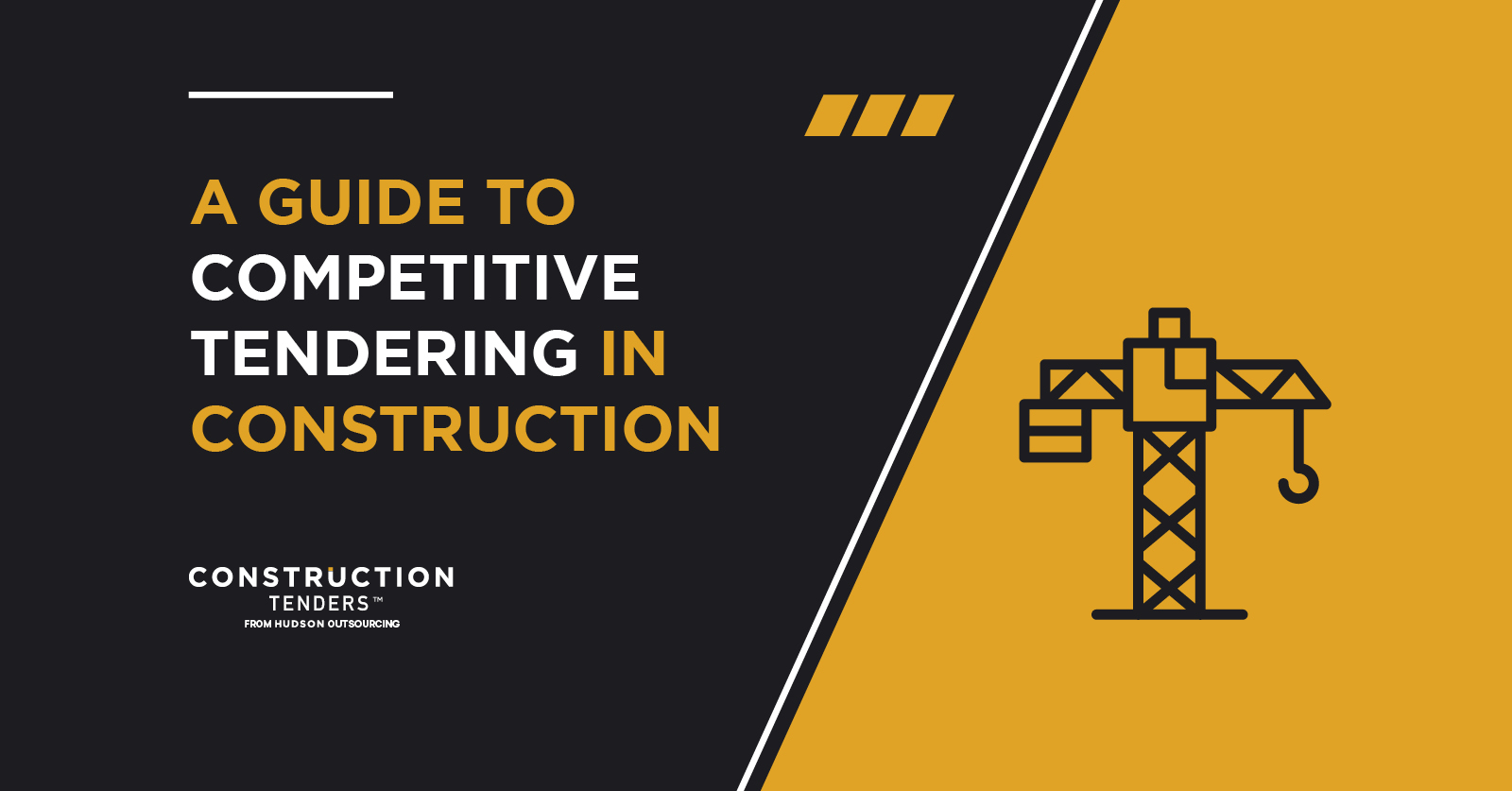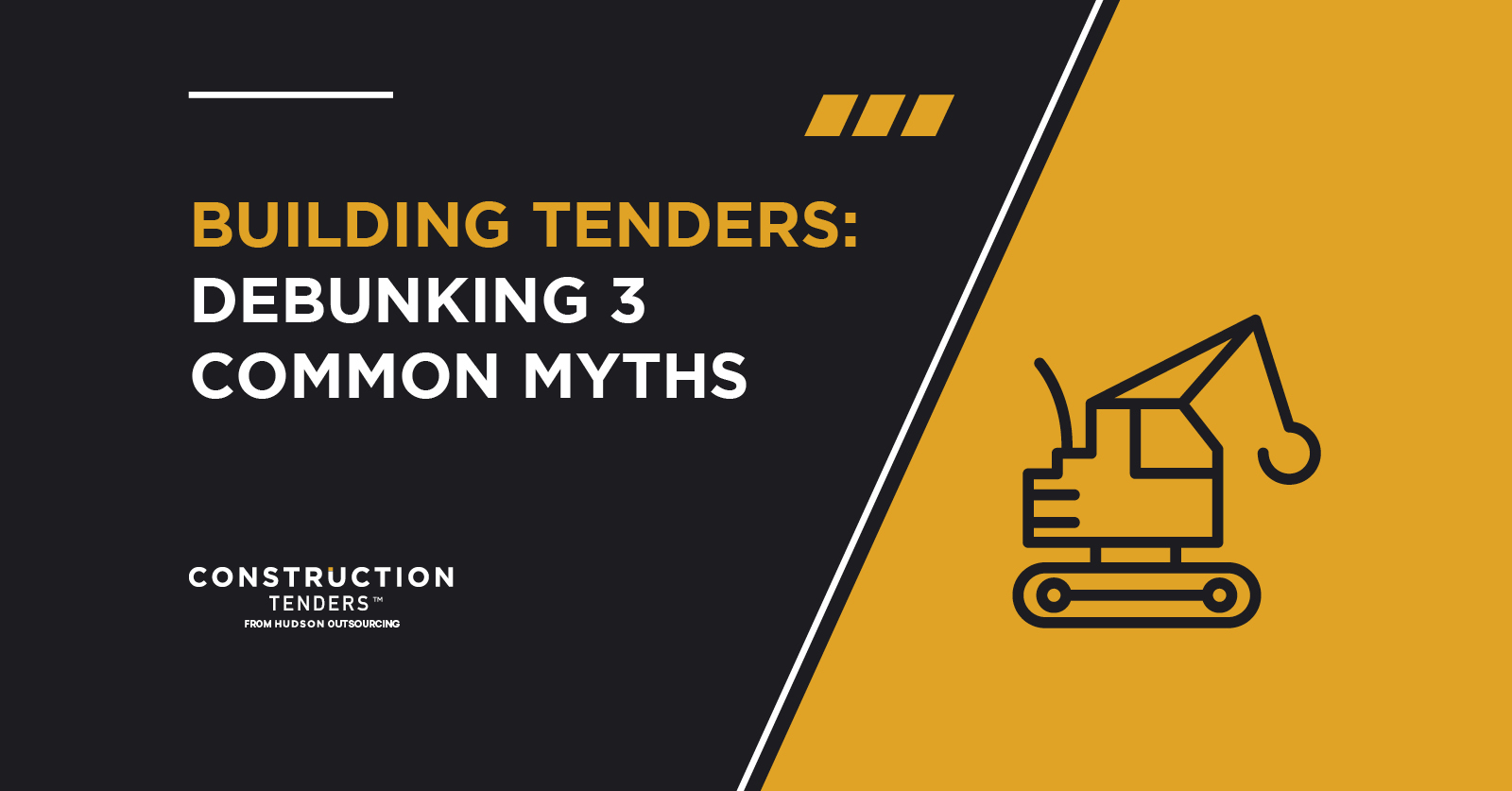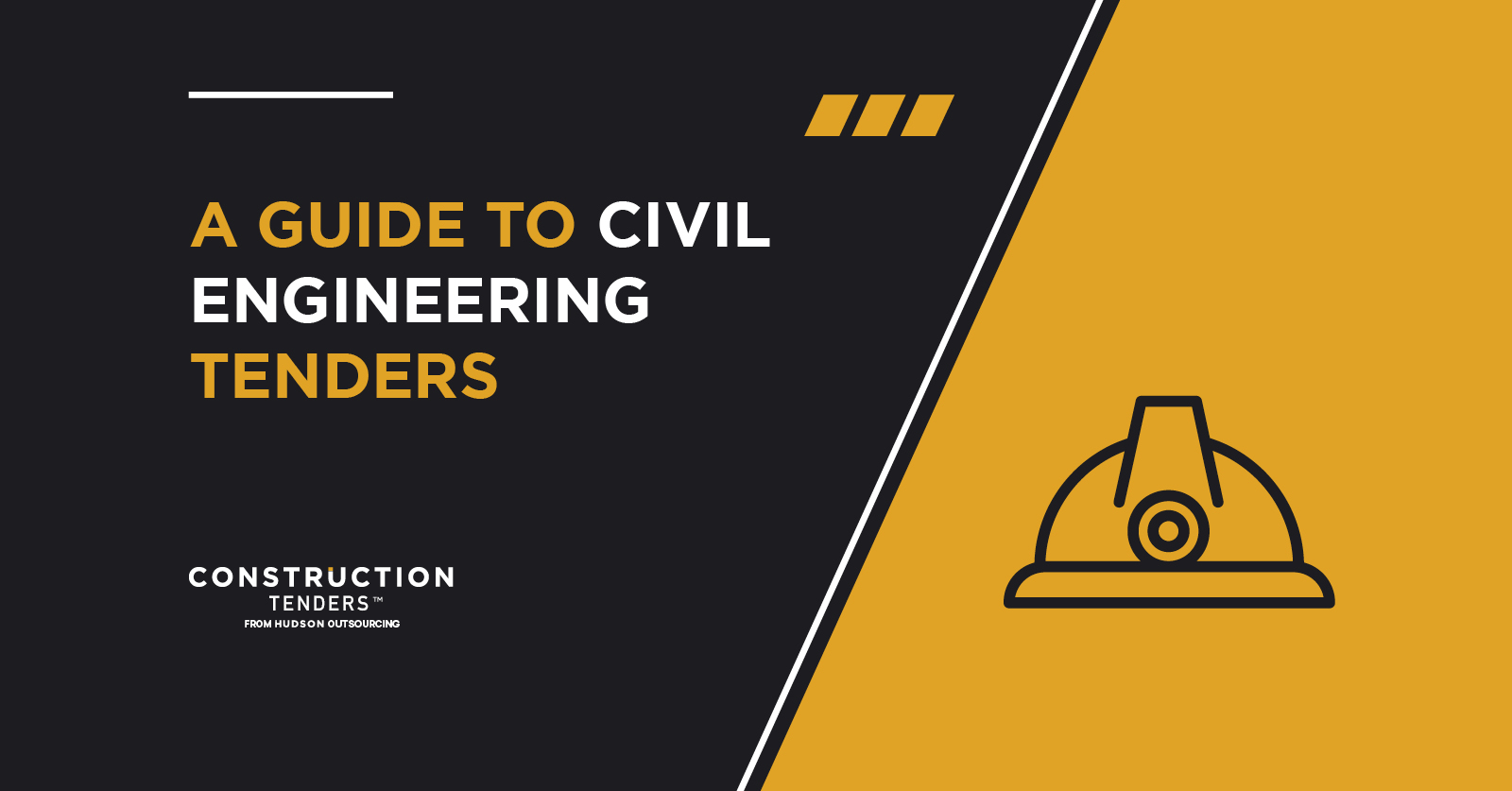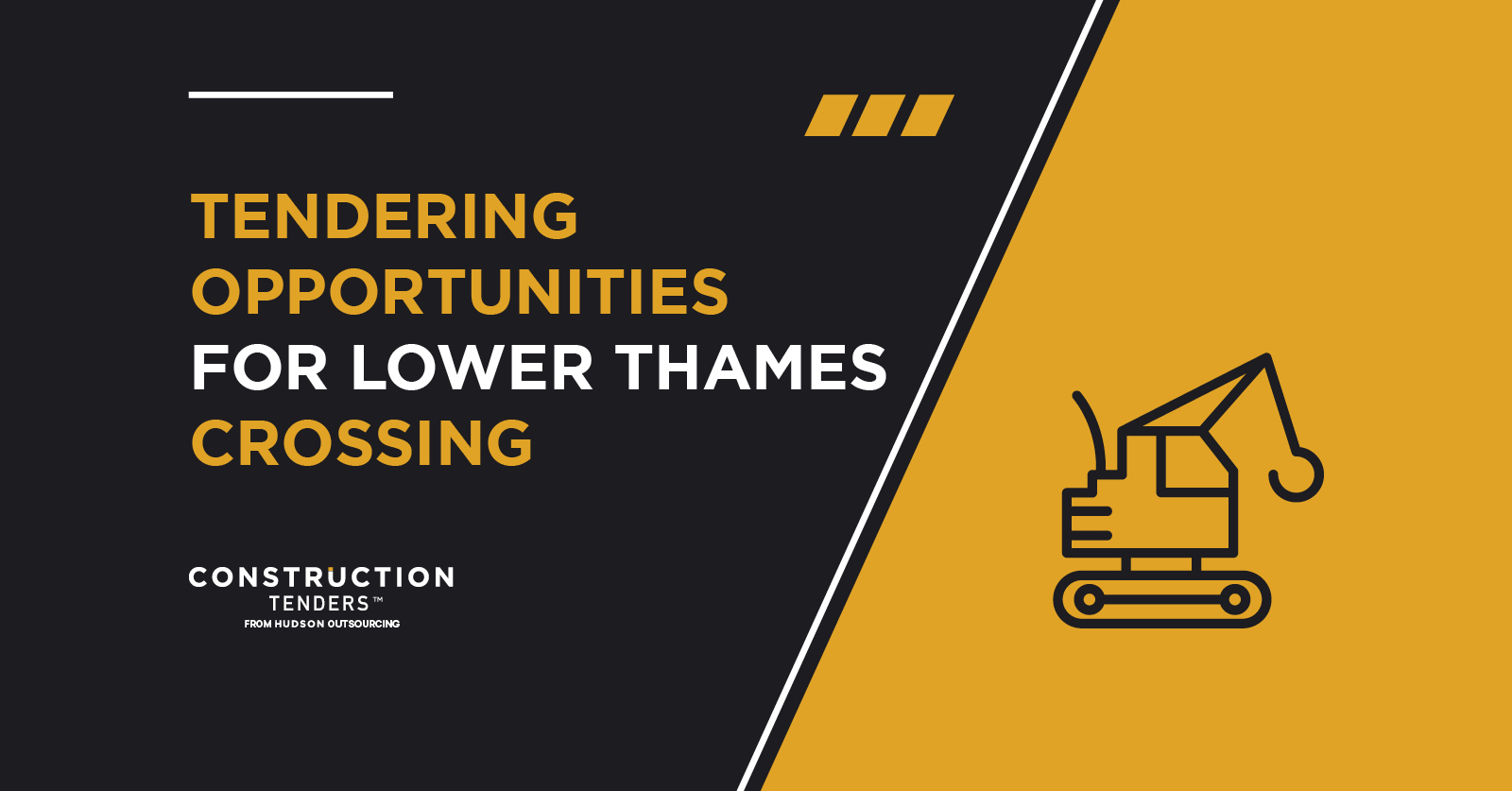Introduction
In the construction industry, businesses seeking contract opportunities often encounter two primary procurement methods: framework agreements and one-off tenders. Both offer unique advantages and challenges, and selecting the right approach depends on factors such as business size, resources, and long-term growth strategy.
Understanding these procurement methods is essential for construction firms looking to secure contracts effectively. Using a construction bid tracking service can provide valuable insights into upcoming opportunities, helping businesses make informed decisions about whether to pursue framework agreements or one-off tenders.
What Is a Framework Agreement?
A framework agreement is a long-term procurement arrangement between a buyer (such as a government entity, local authority, or private company) and multiple suppliers. It establishes the terms, conditions, and pricing for potential future contracts over a set period, typically lasting from two to five years.
Instead of awarding a single contract outright, framework agreements pre-qualify suppliers who can later be invited to bid for specific projects within the framework. These agreements streamline procurement by reducing repetitive tendering processes and ensuring that only approved suppliers are invited to compete for work.
Benefits of Framework Agreements
1. Consistent Work Opportunities
Securing a place on a framework provides contractors with a steady stream of potential projects. Although inclusion does not guarantee work, it offers a competitive edge over firms outside the framework.
2. Reduced Competition
Since only pre-approved suppliers can bid for projects within the framework, the competition is significantly lower compared to open-market tenders.
3. Streamlined Procurement Process
Framework agreements reduce the administrative burden associated with repeatedly submitting full tender documents. Once pre-qualified, businesses can focus on delivering projects efficiently rather than continuously preparing new bids.
4. Stronger Buyer-Supplier Relationships
Long-term agreements foster trust between buyers and contractors, leading to potential direct awards and a higher likelihood of securing additional contracts.
Challenges of Framework Agreements
1. No Guaranteed Work
Being included in a framework does not automatically result in contract awards. Suppliers must still compete for projects within the framework, and there is no certainty about the volume of work available.
2. High Entry Requirements
Framework agreements often have strict pre-qualification criteria, requiring businesses to demonstrate financial stability, technical capabilities, and compliance with industry standards.
3. Long-Term Commitment
Frameworks typically last several years, limiting a company’s ability to seek alternative opportunities outside the framework during the agreement period.
What Is a One-Off Tender?
A one-off tender (or standalone tender) is a procurement process in which a contract is awarded for a single project. Unlike frameworks, one-off tenders involve an open bidding process where any qualified supplier can submit a proposal.
Benefits of One-Off Tenders
1. Open to More Contractors
Unlike frameworks, which restrict participation to pre-approved suppliers, one-off tenders are accessible to any business that meets the criteria. This makes them ideal for new or smaller firms looking to enter the market.
2. Immediate Contract Award
Winning a one-off tender results in a direct contract award, providing immediate business opportunities rather than waiting for potential work within a framework.
3. Greater Flexibility
Businesses are free to pursue multiple one-off tenders simultaneously, allowing them to select contracts that align best with their capabilities and growth strategy.
4. Diverse Project Opportunities
Since one-off tenders are issued for a wide range of construction projects, companies can access various contract types, from small refurbishments to large-scale infrastructure developments.
Challenges of One-Off Tenders
1. High Competition
Since one-off tenders are open to all eligible suppliers, competition can be fierce. Businesses must submit highly competitive proposals to stand out among numerous bidders.
2. Resource-Intensive Bidding Process
Preparing bids for one-off tenders requires significant time and effort, including drafting technical proposals, financial breakdowns, and compliance documentation for each submission.
3. Lack of Long-Term Security
Winning a one-off tender provides a single project contract, but once completed, businesses must continuously search for new opportunities to maintain a steady workflow.
Comparing Framework Agreements and One-Off Tenders
| Factor | Framework Agreements | One-Off Tenders |
| Work Security | Potential long-term pipeline of work | Single contract, no ongoing pipeline |
| Competition | Lower competition (limited to framework members) | High competition (open market) |
| Bid Preparation | Once pre-qualified, reduced paperwork for future projects | Full tender preparation required for every opportunity |
| Entry Requirements | High barriers to entry (financial, technical, and compliance checks) | More accessible to a wider range of businesses |
| Flexibility | Limited ability to bid for contracts outside the framework | Ability to pursue multiple tenders simultaneously |
| Administrative Burden | Less frequent bidding required | More frequent bid preparation needed |
Which Option Is Best for Your Business?
The choice between framework agreements and one-off tenders depends on your company’s goals, resources, and long-term strategy. Consider the following factors when deciding:
Framework Agreements May Be Best If:
- Your business seeks long-term work opportunities.
- You have the financial and technical capacity to meet framework entry requirements.
- You want to reduce competition and increase your chances of winning contracts.
- You aim to build strong relationships with clients for future direct awards.
One-Off Tenders May Be Best If:
- You are a new or smaller business looking to enter the market.
- You prefer the flexibility to bid on various projects rather than being tied to a framework.
- You have the resources to submit multiple bids regularly.
- You want immediate contract opportunities without waiting for framework call-offs.
The Role of Construction Bid Tracking in Choosing the Right Approach
Regardless of whether your business pursues framework agreements or one-off tenders, an effective bid tracking system is essential for identifying and securing contract opportunities. Construction bid tracking services offer:
- Real-Time Tender Notifications: Stay informed about relevant framework agreements and one-off tenders as soon as they are published.
- Customizable Search Filters: Focus on contracts that match your business’s expertise, location, and financial capacity.
- Deadline Alerts and Bid Management Tools: Ensure timely submission of bids with automated reminders and document organization features.
- Market Insights: Analyze industry trends and competitor activity to make informed bidding decisions.
By utilizing construction bid tracking services, businesses can efficiently manage procurement opportunities, streamline bid preparation, and maximize contract success rates.
Conclusion
Both framework agreements and one-off tenders offer valuable opportunities for construction firms, but the right choice depends on your business objectives, resources, and strategic priorities. Framework agreements provide potential long-term work with reduced competition, while one-off tenders offer immediate contract opportunities and greater flexibility.
To succeed in securing construction contracts, businesses should leverage bid tracking technology to stay updated on available opportunities, streamline compliance requirements, and optimize their bidding strategies. Whether you choose to pursue frameworks, one-off tenders, or a combination of both, a structured and informed approach will enhance your chances of winning contracts and achieving sustainable growth in the construction industry.
